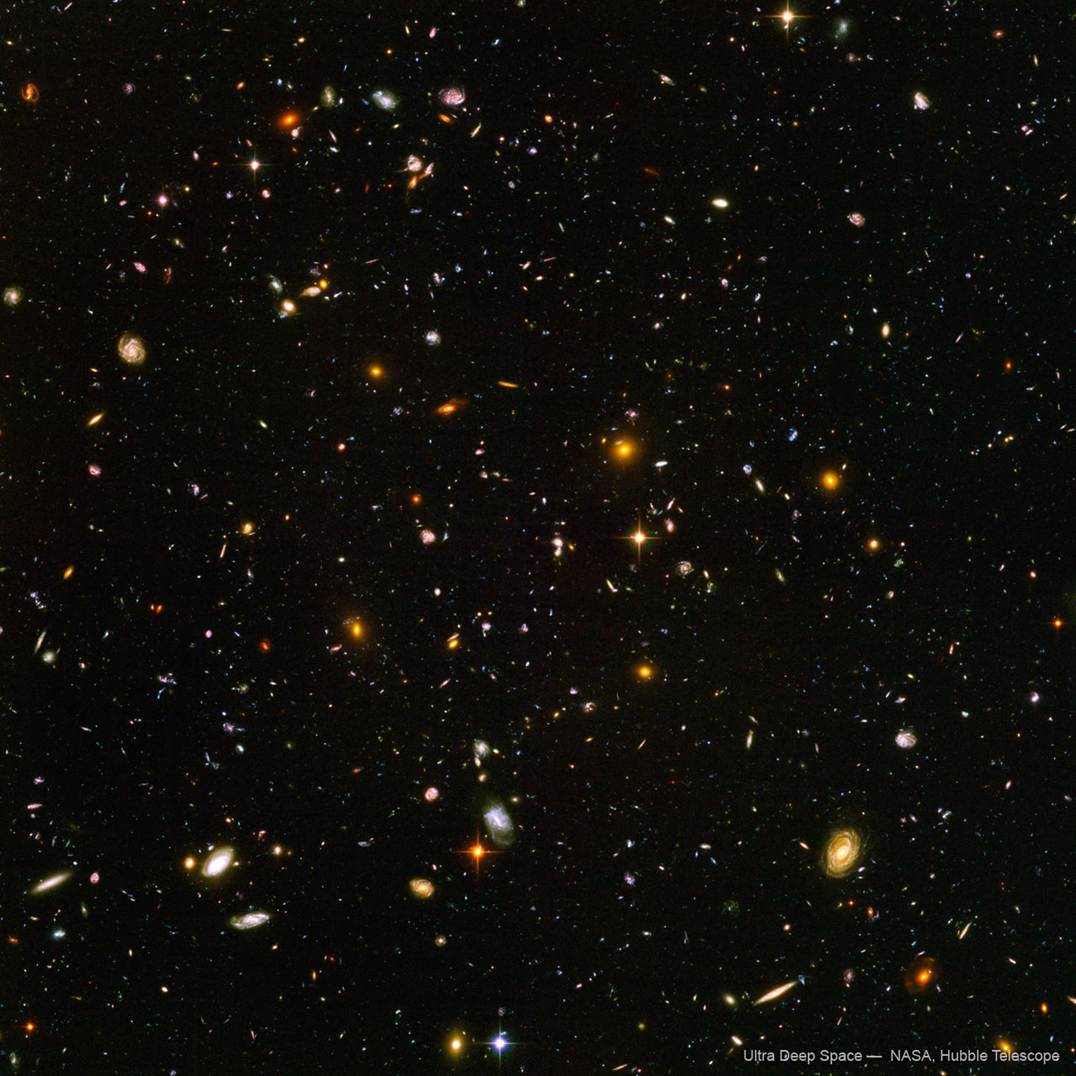Shortly before he died November 22, 1963 (yes, the same day as John F. Kennedy), C. S. Lewis granted his final interview to Sherwood Elliot Wirt, of Decision Magazine. It’s a fascinating interview. I found the final two questions and answers interesting:
Wirt: What do you think is going to happen in the next few years of history, Mr. Lewis?
Lewis: I have no way of knowing. My primary field is the past. I travel with my back to the engine, and that makes it difficult when you try to steer. The world might stop in ten minutes; meanwhile, we are to go on doing our duty. The great thing is to be found at one’s post as a child of God, living each day as though it were our last, but planning as though our world might last a hundred years.
We have, of course, the assurance of the New Testament regarding events to come. I find it difficult to keep from laughing when I find people worrying about future destruction of some kind or other. Didn’t they know they were going to die anyway? Apparently not. My wife once asked a young woman friend whether she had ever thought of death, and she replied, “By the time I reach that age science will have done something about it!”
Wirt: Do you think there will be widespread travel in space?
Lewis: I look forward with horror to contact with the other inhabited planets, if there are such. We would only transport to them all of our sin and our acquisitiveness, and establish a new colonialism. I can’t bear to think of it. But if we on earth were to get right with God, of course, all would be changed. Once we find ourselves spiritually awakened, we can go to outer space and take the good things with us. That is quite a different matter.
 As a fan of his space trilogy, I especially love Lewis’s final answer in light of the biblical teaching of a new heavens and New Earth, in which righteousness dwells (2 Peter 3:13). In such a new universe, with a new outer space, might people build and travel and explore to the glory of God?
As a fan of his space trilogy, I especially love Lewis’s final answer in light of the biblical teaching of a new heavens and New Earth, in which righteousness dwells (2 Peter 3:13). In such a new universe, with a new outer space, might people build and travel and explore to the glory of God?
The stars of the heavens declare God’s glory (Psalm 19:1), yet how vast and distant they are. God made countless billions of galaxies containing perhaps trillions of nebulae, planets, and moons. Not many in human history have seen more than a few thousand stars, and then only as dots in the sky. If the heavens declare God’s glory now, and if we will spend eternity proclaiming God’s glory, don’t you think exploring the new heavens, and exercising dominion over them, will likely be part of God’s plan?
As a twelve-year-old, I first viewed through a telescope the great galaxy of Andromeda, consisting of hundreds of billions of stars and untold numbers of planets, nearly three million light years from Earth. I was mesmerized. I also wept, not knowing why. I was overwhelmed by greatness on a cosmic scale and felt terribly small and alone. Years later I first heard the gospel. After I became a Christian, I found that gazing through the telescope became an act of delighted worship.
 From the night I first saw Andromeda’s galaxy, I’ve wanted to go there. I now think it’s likely I will.
From the night I first saw Andromeda’s galaxy, I’ve wanted to go there. I now think it’s likely I will.
It’s hard for me to believe God made countless cosmic wonders intending that no human eye would ever behold them and that no human should ever set foot on them. The biblical accounts link mankind so closely with the physical universe and link God’s celestial heavens so closely with the manifestation of his glory that I believe he intends us to explore the new universe. The universe will be our backyard, a playground and university always beckoning us to come explore the wealth of our Lord—as one song puts it, the God of wonders beyond our galaxy.





